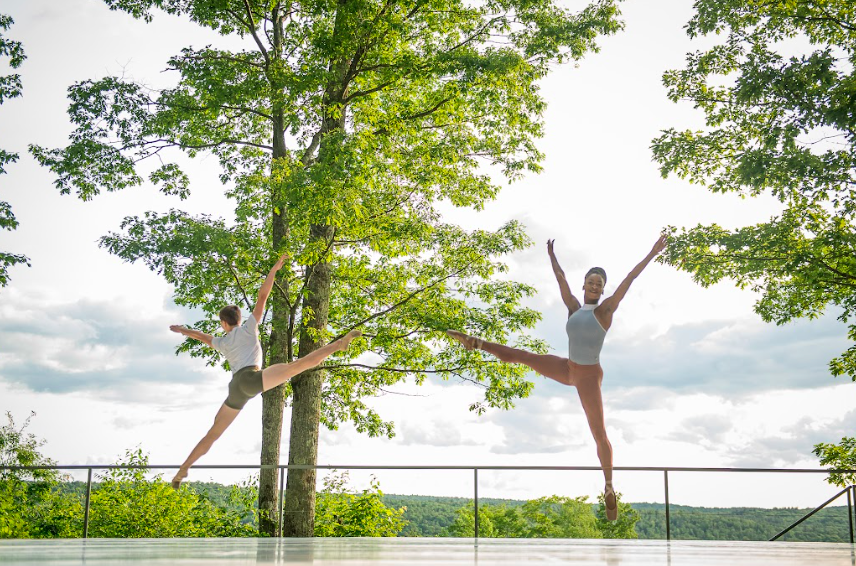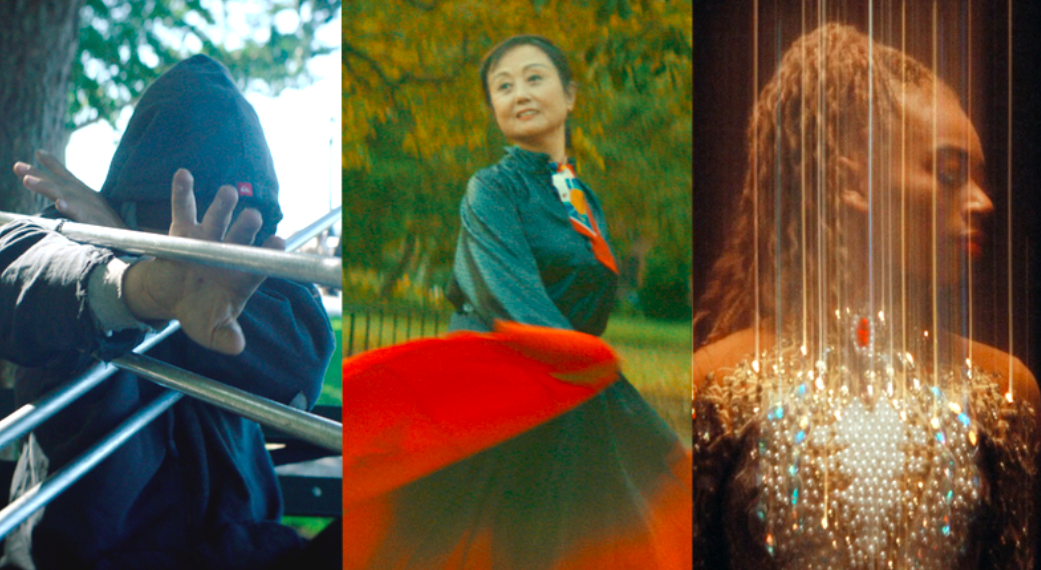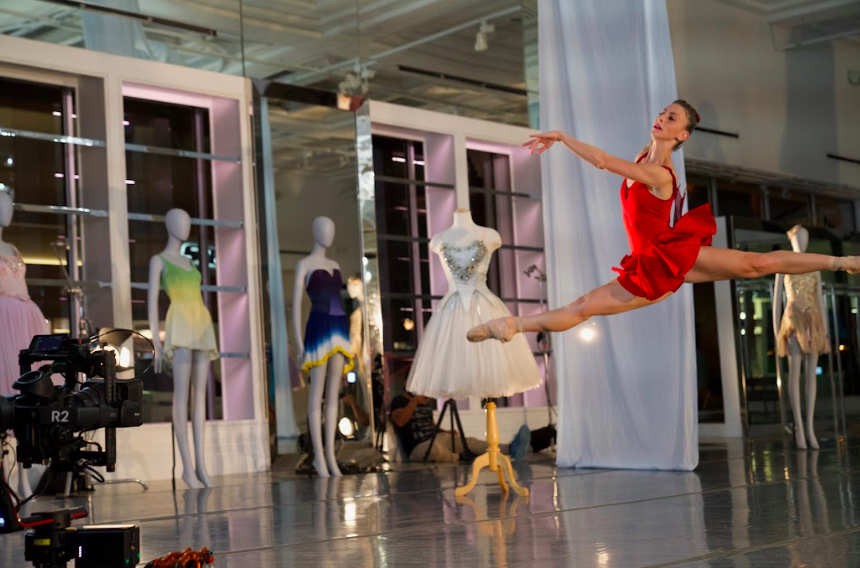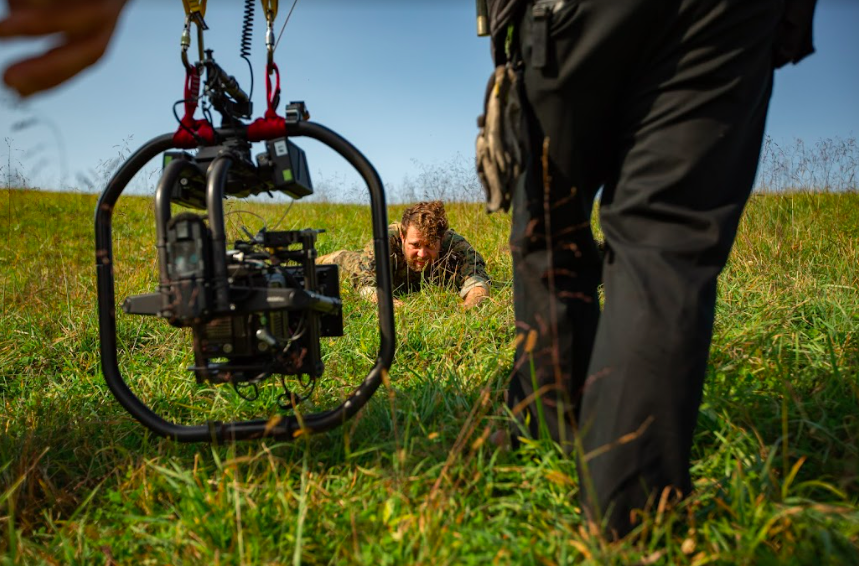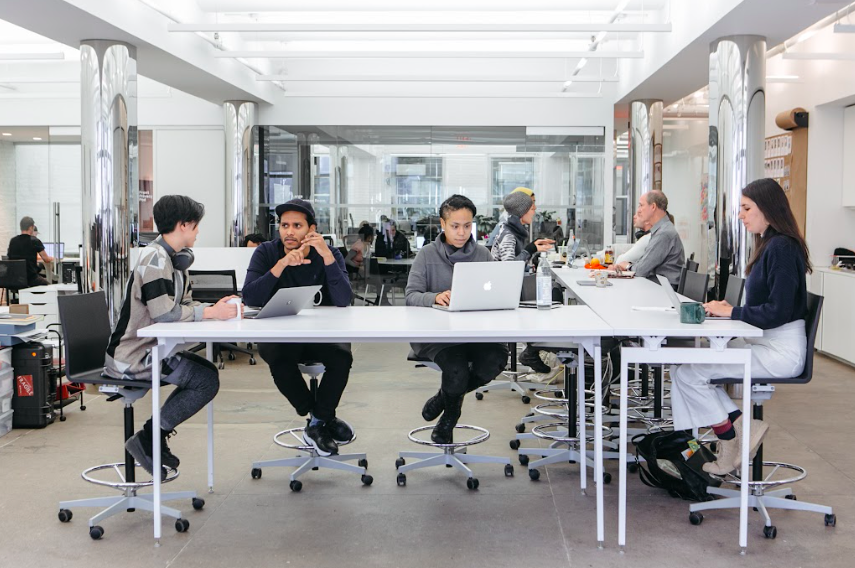Cultivating a digital haven for dance
Nestled among the scenic Berkshires in western Massachusetts, Jacob’s Pillow Dance Festival has been a dance destination for nearly a century. For dance students, it is a sanctuary devoted to intensive study. For audiences, it is a gathering place and pilgrimage site known for respected curation. For scholars, it is an archive housing stories of significant choreographers and turning points in 20th and 21st century dance. Founded in 1933 by modern dance icon Ted Shawn, the Pillow has developed a reputation over decades for featuring American dance pioneers and introducing American audiences to renowned international performers.
Though the Pillow’s hallmark is a summer dance festival held on its rural campus, long before the pandemic, a virtual Pillow was providing audiences with online access to its digitized archive, including artist talks, interviews, archival performance excerpts, curated video playlists, panel discussions, podcasts, and dance history guessing games.
In spring 2020, as the realities of COVID-19 sunk in across the arts sector, the Pillow made the difficult decision to cancel the in-person festival. In June of that year, the team instead launched a fully virtual festival with 38 events, many newly created. In addition to streaming footage of past performances, the Pillow organized new pre-show/post-show talks to contextualize the work, online dance classes, artist conversations, and other events including a digital gala. These activities drew 80 percent new audiences, many of whom would not normally be able to make the journey to see work on site. In 2021, the decision was made to create videos of in-person performances, as well as an international virtual gala including works from India, New Zealand, and France. Programming was marketed internationally as well as domestically, reaching audiences in 66 countries.
The Pillow’s route through the pandemic has been informed by consultants and advisors who have helped the festival chart a path to becoming a digital dance leader. In addition to advising on strategy, consultants launched surveys that showed digital audiences to be younger and more diverse than typical in-person visitors and revealed that 82 percent of new donors to the Pillow in 2021 had registered for virtual events. In early 2021, the Pillow also sought an external review by five BIPOC artists and practitioners, which has begun informing commissions, residencies, and educational programs.
In the midst of forging new territory virtually, the Pillow’s physical campus was marred by a significant loss. In fall 2020, a fire destroyed the Doris Duke Theatre, one of three main performance spaces. This setback prompted further reflection and questions surrounding how to rebuild and forge ahead—physically and digitally—to best set the stage for the organization’s future.
Alluding to the Pillow’s meandering paths and chance encounters, Pamela Tatge, executive and artistic director, describes the physical site as a “crossroads” and a “haven for dance.” Considering how to translate this essence into the virtual realm, she asks, “How could we create a digital haven for dance? What could that really mean?” Alongside this driving question, core values of community, discovery, and sustainability are informing creative inquiry and strategic planning at the Pillow. Near-term the organization is working to maintain relationships with new digital audiences, refine backend analytics, craft short-form content for online viewing, and extend the intensive summer festival year round through digital programs.
Reflecting on the organization’s legacy and possible futures, Tatge notes, “Jacob’s Pillow at 90 has developed a brand that is known and respected around the world.” Having reinforced this reputation through robust pandemic programming, the Pillow is positioned to further develop as a nexus for dance, in-person and online.

